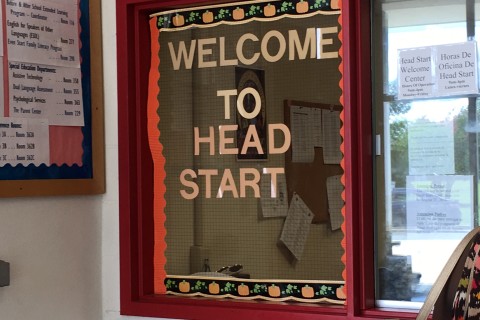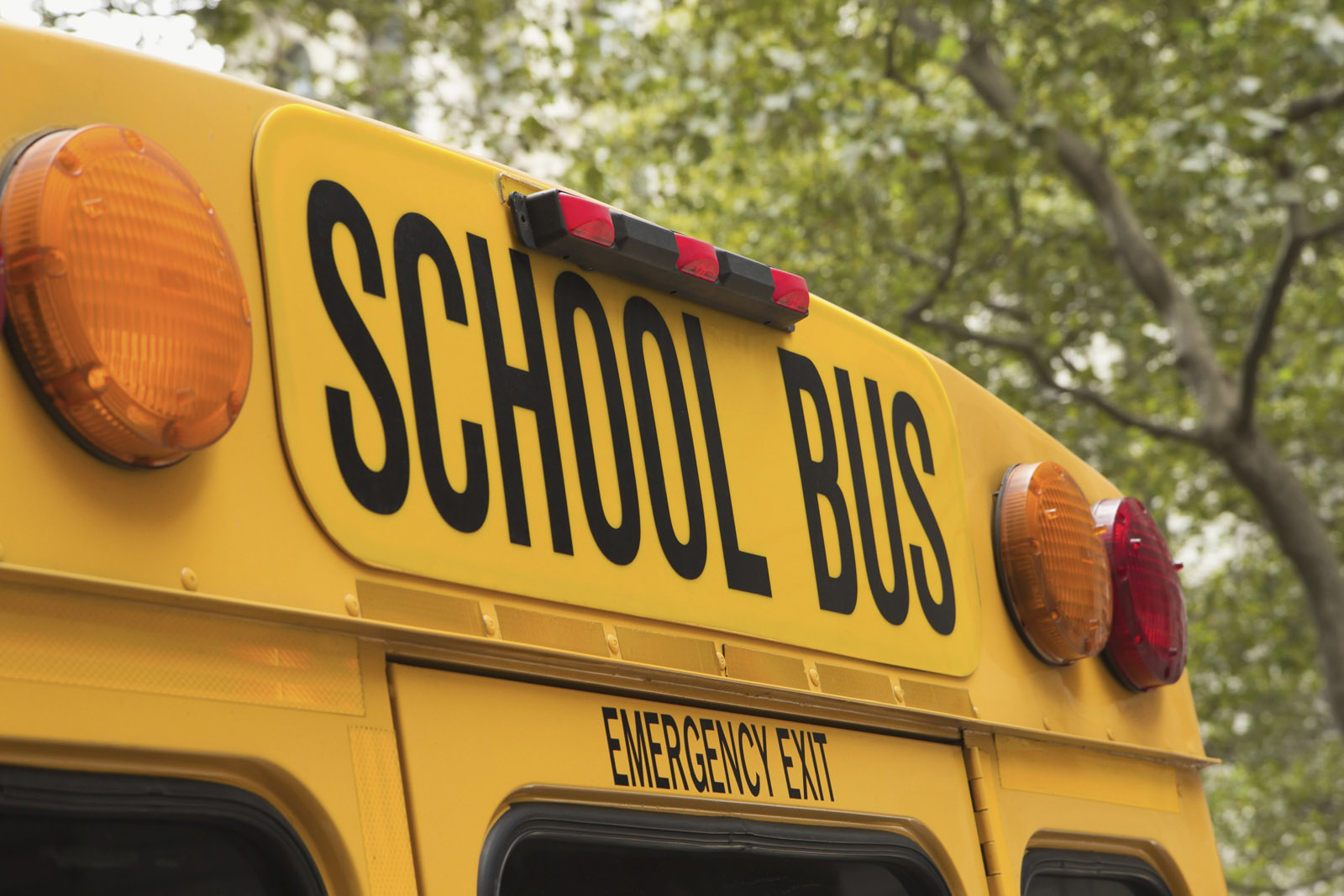WASHINGTON — The Prince George’s County Board of Education is scheduled to hold a public meeting Thursday for the first time following a funding cutoff for the county’s Head Start early childhood education program.
The decision to terminate a $6.3 million federal grant for Head Start in Prince George’s County came after a scathing report from the director of Head Start at the Department of Health and Human Services detailing what it called “deficiencies” by the school system to correct teacher behavior involving instructors who used humiliation and corporal punishment to discipline young children.
The Board of Education’s sessions Thursday start with a closed meeting at 4 p.m. This closed session has an agenda item listed as “legal matters,” which could mean a discussion of the Head Start program.
A public meeting will start at 7 p.m. Items on the agenda include a public comment period as well as a consent agenda item to approve response to state testing findings and a vote on any action taken in the executive session.
Five members of the Prince George’s County school board wrote a letter to county executive Rushern Baker seeking removal of Board Chair Segun Eubanks and Vice Chair Carolyn Boston, following the loss of funding.
But this isn’t the first time that the Prince George’s County Head Start program has been under investigation.
A letter from 2013 from Head Start to the county’ Board of Education listed several “non-compliances” within the program, according to an NBC Washington report.
The letter obtained by NBC Washington states that criminal background check files for 103 of 129 Head Start staff members in the county were kept inaccurately and that seven employees had no background check on file at all.
The article also states that several classrooms contained hazardous materials such as cleaning chemicals, un-insulated hot radiators and broken toilet seats. The Head Start program also was not properly reporting meals that the U.S. Department of Agriculture was providing.
After satisfactorily correcting these issues by January of 2014, the program was able to keep its funding.








